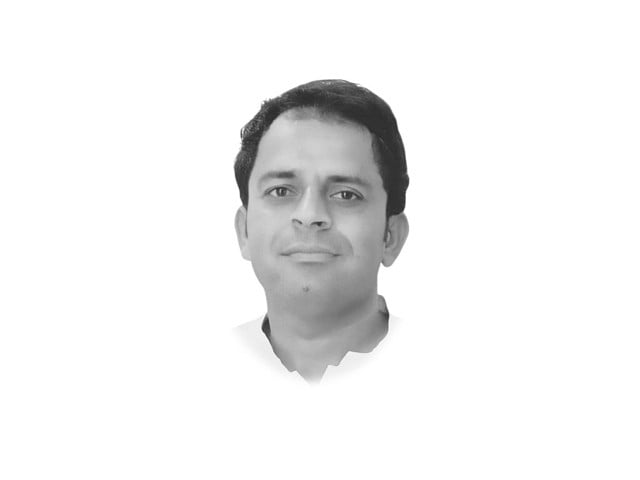
If everyone received everything at all times, the idea, concept, or practice of politics would scarcely exist. Yet, throughout history, it remains a firm fact that human experience rarely provides people with everything on a sustainable basis. Instead, people must struggle, compete, compromise, and sometimes fight for what matters. To this end, two key questions arise: One, who should get what, why, how, and when? Two, who determines the answers to these questions? This leads to another question in political philosophy: where do rulers or decision-makers derive their authority and legitimacy from?
In most socio-political settings throughout history, the legitimacy of rulers over the ruled stemmed from family, religious authority, brute force, or a blend of these factors. Historically, dynasties, regimes invoking divine right (like those in ancient Greece and their modern remnants), or societies conquered and ruled by brute force rarely considered popular legitimacy a constant and crucial necessity. However, the political philosophy in ancient China and Greece did challenge the traditional notions of legitimacy. Socrates, for instance, was condemned to death for questioning the then-vague foundational tenets of religio-dynastic political culture.
The questioning of the traditional authorities inspired a relatively fairer alternative: the democratic political culture. This alternative paved the way for a political philosophy that redefined the relationship between rulers and the ruled, granting the latter a considerable voice. Through its many forms, the social contract embedded in democratic political culture offered a balanced, mutually beneficial, and accountable systemmaking it, however theoretical it may be, the most sought-after political model in contemporary times.
The reason democracy is so sought-after - in its diverse forms, degrees, and expressions - lies in its potential to accord the ruled the greatest possible say in social activities affecting them. In exchange for people's sponsored legitimacy, the democratic social contract commits the rulers to remain responsive to the public and accountable for their actions. All national institutions - the executive, judiciary, and parliament - as well as the individuals who man them, owe their legitimacy, functionality, and serviceability to the politically elected representatives voluntarily endorsed by the public. Thus, in democratic socio-political systems, rulers and institutions are servants conditionally bound to the public will.
However, in Pakistan's history, the question of legitimacy has been fiercely debated yet rarely addressed in practice. In other words, the true source of legitimacy - the people - have rarely been allowed to voice their concerns in matters that affect them. Instead, legitimacy has been negotiated behind closed doors between dynastic political parties and non-democratic forces, driving the creation, collapse, and renegotiation of the social contract. Although elections - the cornerstone of an inclusive and transparent social contract - are held periodically, it is primarily the deep state and dynastic political legacies that grant one another 'democratic legitimacy' in exchange for a turn in power and a share of stakes. This has reduced the people to a mere ploy for the self-proclaimed legitimisation of dynasties and deep state.
This way democracy in Pakistan has been less a practice and more a tool to legitimise successive hybrid regimes. The democratic façade has facilitated and sustained the country's deepening authoritarian, dynastic and despotic tendencies. Due to misplaced legitimacy, all successive hybrid political settings remained mired in controversy and institutional friction or overreach.
Primarily rooted in contested legitimacy, today's political, institutional and socioeconomic landscape displays classic signs of polarisation, parasitism, and an extractive culture. This questionable legitimacy not only jeopardised the incumbent government's acceptance by citizens but also drew key national institutions into political misadventures and people's repression. Therefore, the solution to Pakistan's chronic ills lies in democratic legitimacy - through free and fair elections - more than in anything else.




















COMMENTS
Comments are moderated and generally will be posted if they are on-topic and not abusive.
For more information, please see our Comments FAQ